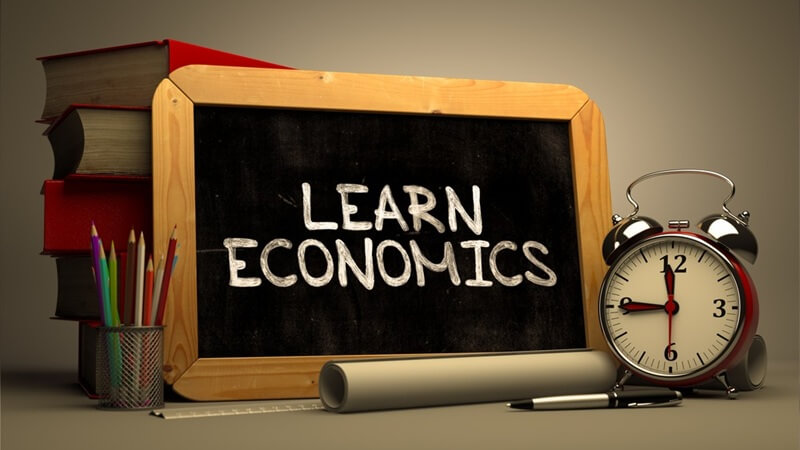
Welfare Definition
Welfare Definition
Introduction:
Economics has evolved over centuries, shaped by the contributions of various economists. One influential perspective is the welfare definition, introduced by Alfred Marshall and supported by other economists like A.C. Pigou, Adrian Cannon, and William Beveridge. This school of thought, known as the neo-traditional school, prioritizes human welfare over wealth. This blog explores the detailed nuances of Marshall’s welfare definition, its underlying principles, and the criticisms it has faced.
What is the Welfare Definition?
In his book The Principles of Economics (1890), Alfred Marshall redefined the scope of economics. He argued that economics is not solely the study of wealth but the examination of how individuals and societies acquire and use material goods to enhance human welfare.
This perspective marked a significant departure from earlier definitions, shifting the focus from the accumulation of wealth to the broader goal of improving human welfare. Marshall’s approach gained widespread recognition and was further supported by economists like Prof. A.C. Pigou, who described economics as “the study of economic welfare measured directly or indirectly by money standards.”
Key Principles of Marshall's Welfare Definition
1. Wealth as a Means, Not an End:
Explanation:
According to Marshall, wealth is not the ultimate objective of economic activity. Instead, it serves as a means to improve human welfare. In his view, man does not exist for wealth; rather, wealth exists for man.
Implication:
This approach relegated wealth to a secondary position, emphasizing that the goal of economic activity is to enhance human well-being.
2. Focus on Ordinary Individuals
Explanation:
Marshall emphasized studying the lives of ordinary people—those who live in society, interact with one another, and build relationships. Economics, as per his definition, is not concerned with isolated individuals driven solely by the pursuit of wealth.
Implication:
This focus introduced a humanistic dimension to economics, aligning it more closely with the realities of everyday life.
3. Economics as a Social Science
Explanation:
Economics studies individuals as members of society, acknowledging that people influence and are influenced by the societies they live in.
Implication:
By recognizing the interplay between individuals and society, Marshall expanded the scope of economics to include social and cultural dimensions.
4. Material Welfare Over Non-Material Factors
Explanation:
Marshall’s definition focuses exclusively on material welfare, disregarding non-material aspects like emotional or spiritual well-being.
Implication:
While this narrowed the scope of economics, it also made the study more tangible and measurable, focusing on material goods and services.
Supporters of the Welfare Definition
Marshall’s definition was supported by several economists, who contributed further to its development:
A.C. Pigou:
Defined economics as the study of economic welfare, measurable by monetary standards.
Adrian Cannon:
Emphasized the role of material factors in contributing to human welfare.
William Beveridge:
Supported the neo-traditional approach by highlighting the societal impacts of economic activities.
Criticisms of the Welfare Definition
Despite its contributions, Marshall’s welfare definition has been critiqued for several reasons, primarily by Prof. Lionel Robbins:
1. Exclusion of Non-Material Welfare
Criticism:
The definition excludes services like those provided by doctors, teachers, and scientists, which significantly contribute to human welfare.
Example:
The impact of education and healthcare, both non-material aspects, is disregarded.
Impact:
Critics argue that this exclusion makes the definition narrow and incomplete.
2. Not All Material Goods Promote Welfare
Criticism:
Marshall assumes that material goods always enhance welfare. However, harmful goods like tobacco, alcohol, and opium reduce human well-being.
Example:
Material goods with negative effects contradict the welfare principle.
3. Subjectivity of Welfare
Criticism:
Welfare is subjective and varies across individuals, societies, and circumstances. Marshall’s reliance on monetary measurement oversimplifies this complexity.
Example:
A good that enhances welfare in one context may not have the same impact elsewhere.
4. Moral and Ethical Dimensions
Criticism:
Robbins argued that “welfare” incorporates moral judgments, which are inappropriate for a scientific discipline like economics.
Example:
Questions of what constitutes welfare often involve ethical considerations that economics cannot objectively address.
5. Neglect of Core Economic Problems
Legacy and Significance
Despite these criticisms, the welfare definition remains a cornerstone of economic thought:
Broadening the Scope of Economics:
Marshall’s definition shifted the focus from wealth accumulation to human welfare, enriching the discipline’s perspective.
Humanizing Economics:
By emphasizing welfare, Marshall introduced a more empathetic and socially aware approach to economic studies.
Inspirational Influence:
The welfare definition continues to inspire discussions on the role of wealth and economics in improving societal well-being.
Conclusion: Striking a Balance
Marshall’s welfare definition revolutionized economics by prioritizing human welfare over material wealth. While it faced valid criticisms for its limitations, its enduring influence highlights the importance of aligning economic activities with societal and individual well-being.
As modern economics evolves, it seeks to address the gaps identified in the welfare definition, balancing material prosperity with broader measures of human welfare. This evolution underscores the dynamic and adaptive nature of economics, a discipline shaped by the ever-changing needs and aspirations of society.

